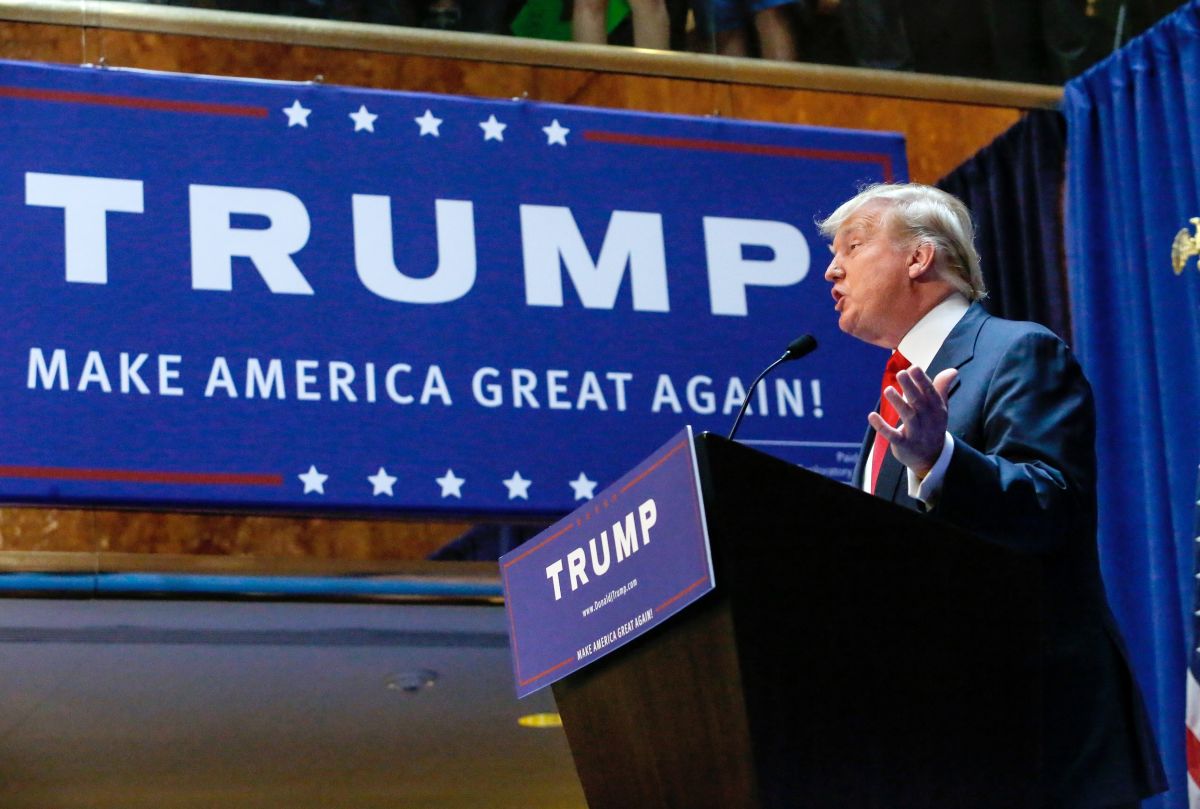On Tuesday 8 November 2016, the polls got it wrong. Again. Defying experts and popular opinion Donald Trump was elected as “the leader of the free world.”
Leader of the free world – targeting trade
During the presidential campaign, Trump singled out trade as a target. He positioned himself as the champion of those workers who have lost out from the large global trade deals struck over the last quarter of a century. He threatened to tear up the North American Free Trade Agreement (NAFTA) between the United States, Canada and Mexico (the latter two nations being the USA’s second and third biggest trading partners) and labelled it ‘the worst trade deal ever signed’. During campaigning, he argued it reduced manufacturing jobs by 30-50%, particularly in the Rust Belt of the upper North-Eastern United States. According to a memo obtained by CNN, reform of NAFTA will start on day 1 of Trump’s presidency with a potential withdrawal from the trade agreement happening at some point in 2017. Whether he will pull the country out NAFTA completely or try to renegotiate it remains to be seen, but according to Mexico’s chief negotiator during the NAFTA negotiations, regardless of which option he chooses, there will be a profound effect on the US economy.
Trump on China – were they manipulating currency?
Trump also declared during his campaign that one of the first acts of his presidency would be to declare China a currency manipulator. Defensive tariffs of 45% have been suggested on Chinese imports. This would increase the prospect a trade war with the world’s second largest economy. Policies such as these are both isolationist and protectionist, and they could undermine the Trans-Pacific Partnership (TPP) of which unsurprisingly Donald Trump is not a fan, having called it the second worst trade deal. He argues it allows China to take advantage of the US through currency manipulation. An essential matter to ensure when throwing around these accusations is that your facts are correct – China is not even part of the TPP. Nevertheless, a collapse of the TPP could lead to China pushing harder for a more regional trade deal with other south-eastern Asian countries, potentially boosting their economies at the expense of the United States’.
This anti-globalisation resentment has also manifested itself in Europe following the UK’s vote to leave the European Union and the strong opposition to the EU-Canada trade deal from the Belgian regional parliament of Wallonia. Global international trade seems to be bearing the brunt of people’s grievances. However, it could be argued that global trade has been suffering long before Trump’s election. World trade growth fell by 1% in the second quarter of 2016 and has been struggling ever since the financial crisis due to slower GDP growth and China’s economic slowdown.
From this side of the pond, after Brexit Barak Obama said the UK would be at the back of queue for signing trade deals. However after Trump’s election, will we be very un-British and skip the queue? Hopes were high that this may happen following the Brexit-backing Trump’s victory. Yet he spoke to the leaders of nine other countries before talking to Theresa May – perhaps not such a special relationship.
Before his inauguration, Trump will need to appoint advisors and the rumour mill has already begun to turn at an alarming rate. The principle trade position in the US Government is the Trade Representative and there are murmurs that this office could go to Dan DiMicco. DiMicco was a trade advisor to the Trump campaign and is Executive Chairman of America’s largest steel producer, the Nucor Corporation. His opinions on the steel industry, an industry that has perhaps suffered more than most from globalisation, would be appealing to Trump.
All of these discussions are mere possibilities since President-elect Trump does not take office until 20 January 2016. It is fair to say that no-one knows what policies Donald Trump will unveil, not even the man himself. He has certainly talked the talk, but will he walk the walk?
Written by Harry Ruffell





























